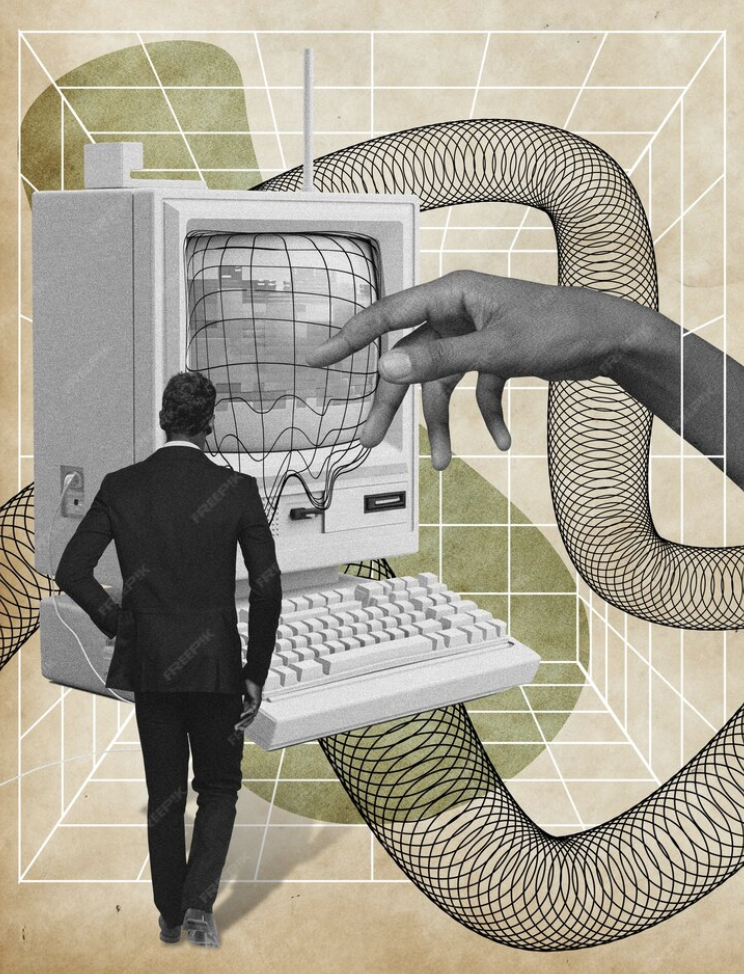5 Everyday Algorithm Decisions: Why Their Ethics Matter
EthicalTech
5 Everyday Algorithm Decisions: Why Their Ethics Matter

On this page
Algorithms are Everywhere 🌐
Algorithms influence many decisions in our daily lives, from the ads we see to the news we read, and even critical choices like job offers or credit approvals. Understanding algorithmic responsibility is vital because these automated systems can significantly impact our lives. Let’s explore some everyday examples and the ethical questions they raise!
Example 1: Social Media Feeds @TikTok📱 📣
- Case: TikTok’s algorithm curates content for each user based on their interactions, such as likes, shares, and watch time. This personalized feed can lead to the creation of echo chambers where users are primarily exposed to content that aligns with their existing beliefs and interests.
- Impact: The algorithm's ability to rapidly amplify certain types of content raises ethical concerns about misinformation, particularly related to topics like health, politics, and social issues. The platform has faced scrutiny for not adequately managing harmful content that spreads through its algorithm, contributing to misinformation campaigns or fostering unhealthy trends.
💡
Ethical Question
Should platforms be responsible for promoting diverse viewpoints and limiting the spread of misinformation?
Should platforms be responsible for promoting diverse viewpoints and limiting the spread of misinformation?
Example 2: Credit Scoring Systems @FICO (Fair Isaac Corporation) 💳 ⚖️
- Case: FICO scores, widely used for credit decisions, have faced scrutiny for potential bias. Research has shown that some minority groups may receive lower credit scores due to the data used to train these algorithms.
- Impact: This has led to discussions about reforming credit scoring systems to ensure fairness and reduce discrimination against specific demographics.
💡
Ethical Question
What happens when bias is built into financial algorithms? Who is responsible for fixing it?
What happens when bias is built into financial algorithms? Who is responsible for fixing it?
Example 3: Healthcare Algorithms @IBM Watson Health 🏥 💻
- Case: IBM Watson was initially developed to assist healthcare providers in diagnosing diseases and recommending treatments. However, it has faced criticism for inaccuracies and biases in its recommendations.
- Impact: In some cases, Watson's recommendations did not align with actual patient care, leading to ethical questions about the reliance on AI in healthcare decision-making and accountability for incorrect diagnoses.
💡
Ethical Question
How much should doctors rely on these systems, and who is accountable for errors?
How much should doctors rely on these systems, and who is accountable for errors?
Example 4: Autonomous Vehicles @Tesla 🚗 🤖
- Case: Tesla's Autopilot feature uses algorithms to make driving decisions. There have been instances where the system has made controversial decisions during accidents, such as choosing between crashing into a barrier or swerving into oncoming traffic.
- Impact: These situations raise ethical concerns about how much responsibility should lie with Tesla for the behavior of its autonomous driving technology and the potential consequences of algorithmic decision-making on public safety.
💡
Ethical Question
How do we ensure that the decision-making process of autonomous vehicles is fair and safe?
How do we ensure that the decision-making process of autonomous vehicles is fair and safe?
Example 5: Hiring Algorithms @Amazon👩💼 🤝
- Case: Amazon developed an AI recruiting tool that was designed to streamline the hiring process by scanning resumes. However, it was found to be biased against women, as it was trained on resumes submitted to the company over a decade, which predominantly featured male candidates.
- Impact: Amazon ultimately abandoned the project due to the ethical implications and backlash surrounding the algorithm's bias, highlighting the need for careful consideration in the design of AI hiring systems.
💡
Ethical Question
Should AI tools be allowed to make decisions that affect people's career opportunities, and how can companies prevent bias in hiring algorithms?
Should AI tools be allowed to make decisions that affect people's career opportunities, and how can companies prevent bias in hiring algorithms?
Why We All Have a Stake in Algorithmic Ethics 🔍🤝
As algorithms continue to shape our world, understanding their ethical implications becomes crucial. The examples we've discussed highlight the importance of advocating for transparency and fairness in algorithmic decision-making.
